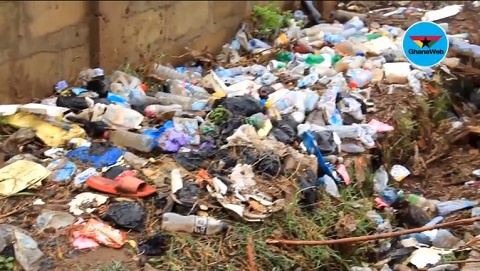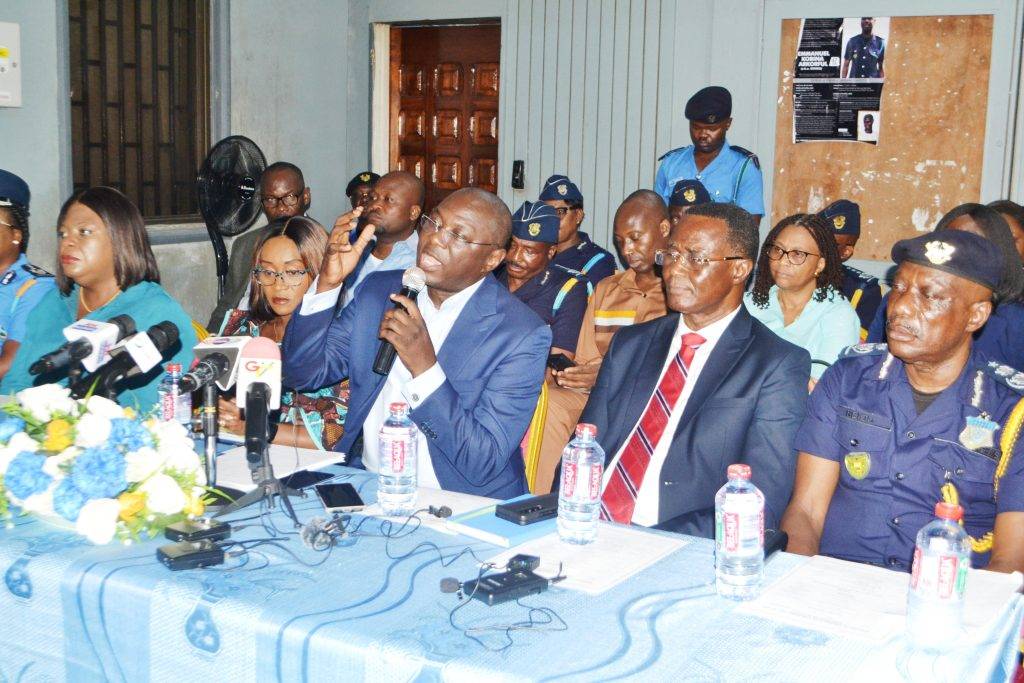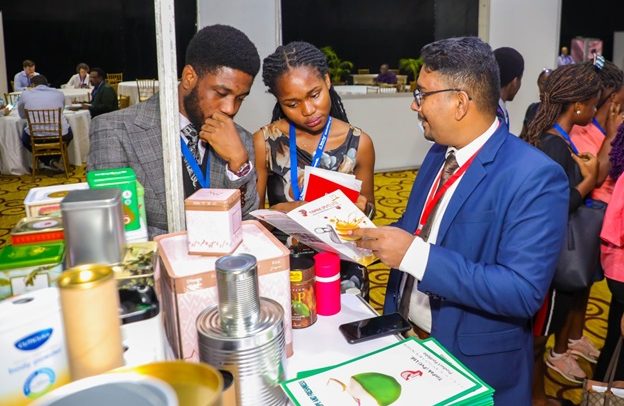
In 1995, the National Democratic Congress (NDC) administration under the leadership of former President Jerry John Rawlings launched the document which was developed by the National Development Planning Commission (NDPC) to provide a blueprint for Ghana's sustainable socio-economic development.
In the light of water and sanitation, the objective was to increase access to “reliable supply of safe water for rural and high-density urban communities” while “reducing the occurrence of water-borne diseases.”
But, Vice President of CONIWAS Atta Arhin is demanding drastic measures to deal with the current sanitation challenges plaguing the country.
“We have done very poorly in terms of sanitation. And it is because we haven’t prioritised the sub-sector. We have not put in place the necessary investments and infrastructure and we have not carried the citizens along.
“As a country, only 21% of the population has access to improved sanitation. By improved sanitation, I am talking about access to toilet facilities”.
He further stated that 22% of Ghana’s population is practising open defecation.
The Vision 2020 report also recommended the strengthening of systems and facilities for the safe disposal of domestic and industrial waste in the country.
According to Mr Arhin, “Ghana generates about five million tons of solid waste annually, out of which about one million is made up of plastic. And only 2% of this plastic waste is recycled…We need to do something drastic.”
The Vice President of CONIWAS also commended successive governments for doing well to increase access to potable drinking water.
“As a country, we have done quite well in terms of access to safe water,” Mr Arhin said.
The NDPC’s report visualised that by 2020, Ghana would have achieved “a middle-income country status and standards of living to the present level in Singapore.” Read Full Story
















Facebook
Twitter
Pinterest
Instagram
Google+
YouTube
LinkedIn
RSS